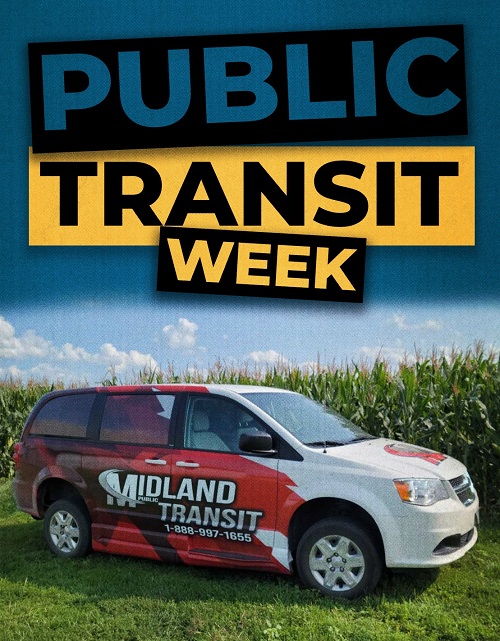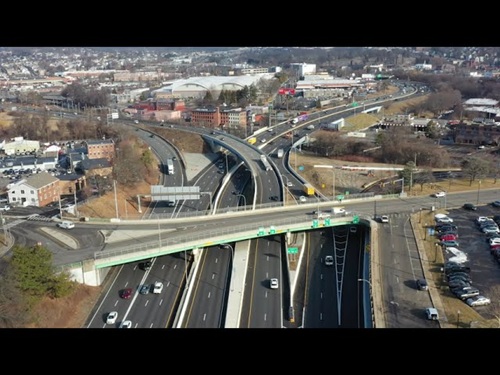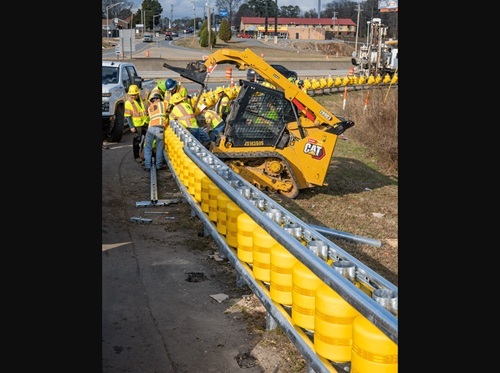The Nebraska Department of Transportation, along with the Nebraska Association of Transportation Providers or NATP, helped support the Nebraska Public Transit Week campaign April 21-27 to highlight the pivotal role of public transit in fostering accessibility, sustainability, and community connectivity across the state.
[Above photo by Nebraska Public Transit]
In collaboration with public transit providers throughout the state, Nebraska Public Transit Week showcased the benefits and opportunities offered by public transportation – especially as 5.1 percent of households in Nebraska do not have access to a vehicle.
The agency noted in a statement that, in 2023, Nebraska’s rural transit providers traveled over 4 million miles and carried over 600,000 passengers – connecting people across the state to essential medical care, education, employment opportunities, and freedom of mobility in their day-to-day lives.
While urban providers have the largest ridership, they only account for eight of the 58 public transit providers across the state, Nebraska DOT said.
Meanwhile, most rural transit providers in Nebraska offer demand response service – such as rideshare programs – where rides are booked ahead of time and bring passengers to a specific destination, the agency noted.

Supporting public transit week is one of the latest efforts undertaken by Nebraska DOT to help highlight statewide transit services.
The agency helped create the “Faces of Transit in Nebraska” video series unveiled in April 2023 to help shine a spotlight on the statewide efforts of rural transit agencies.
The Nebraska DOT worked with the University of Nebraska at Omaha Center for Public Affairs Research or CPAR, the University of Nebraska at Kearney Nebraska Safety Center, White Shutter Media, and numerous rural transit agencies to produce this unique series of videos – produced with the intent of showing how public transit is helping prevent community members, especially in rural parts of the state, from being “left behind.”
“For many residents in rural communities, transit serves as a lifeline linking them to healthcare, work, education, and civic life,” Nebraska DOT noted in a statement at the time. “Consequently, public transit in Nebraska is vital to the state’s economic prosperity and future.”
 States
States
RIDOT Wraps I-95 Providence Viaduct Northbound Project
January 30, 2026 States
States

